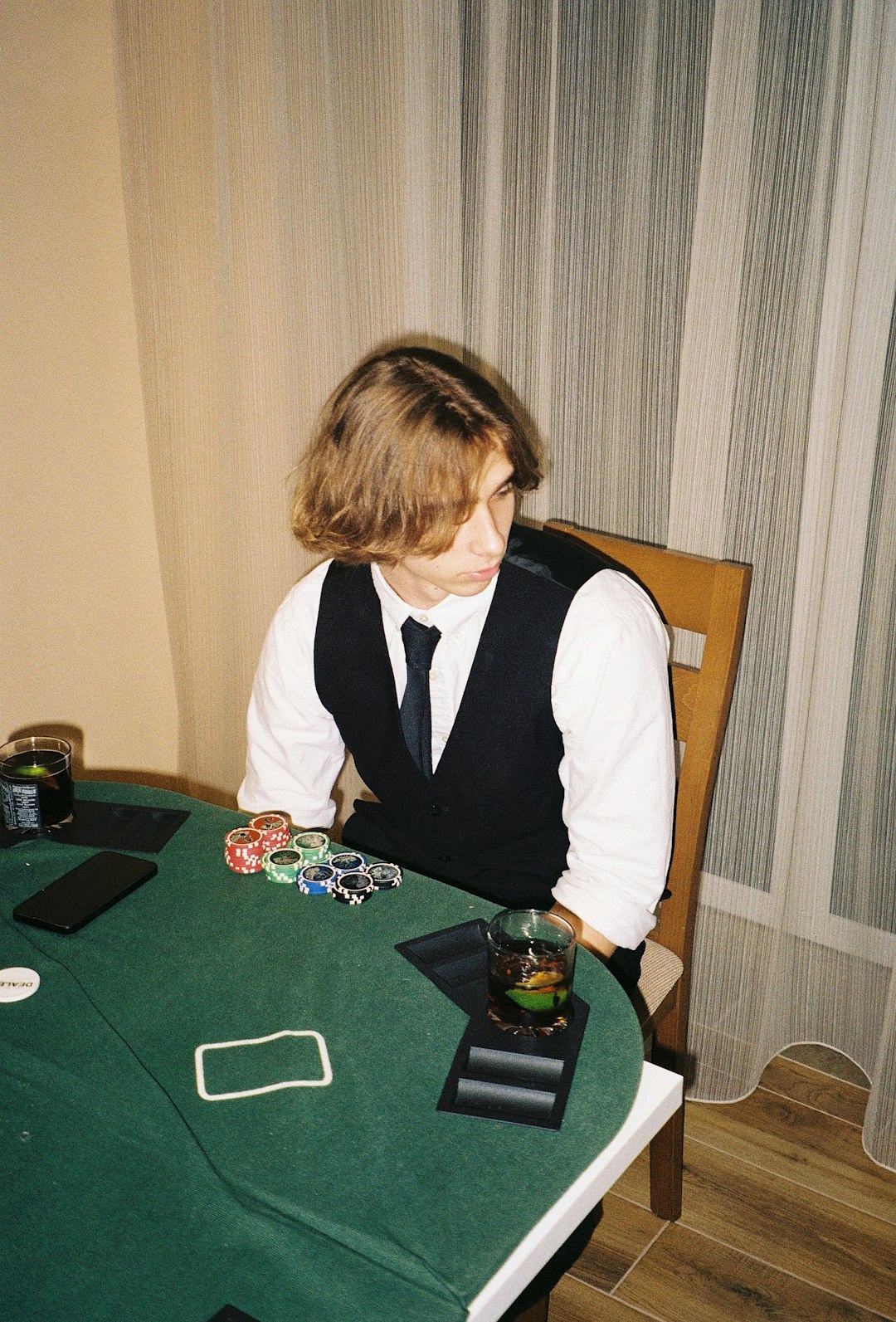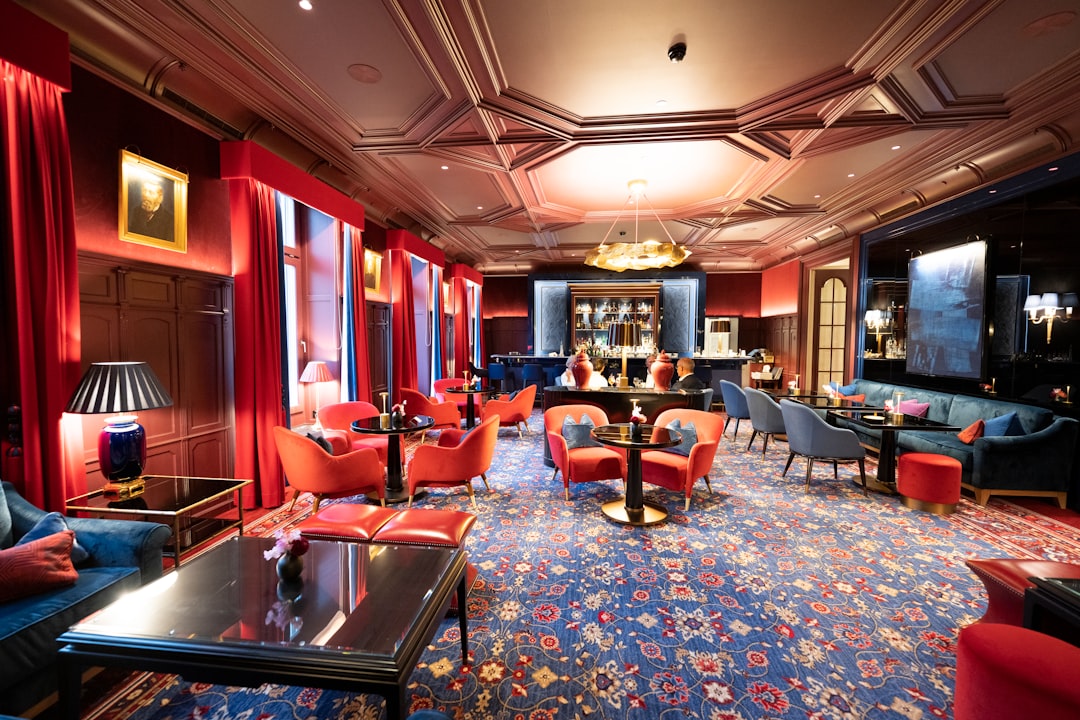Behind closed doors and velvet ropes, a new era of elite poker is unfolding. Onyx Hub Events, a private curatorial organization known for exclusive gaming and luxury matchmaking, has made waves with its most recent installment: the High-Stakes Poker Series. These invitation-only events, held in clandestine yet opulent venues around the globe, have brought together some of the most powerful names in business, sports, and high finance for a unique blend of gaming, networking, and spectacle.
What sets the Onyx Hub Events apart is not just the size of the pots in play—sometimes reaching into the eight-figure range—but the level of discretion, professionalism, and luxury that defines every aspect of the experience. The High-Stakes Poker Series isn’t just a poker tournament. It’s a high-security world of bespoke catering, off-book negotiations, and whisper-quiet funds transfers.
The Origin of a Private Legend
Founded in 2019, Onyx Hub began as a members-only club for international entrepreneurs and investors. But it has since grown into something far more mysterious and prestigious. The poker series launched as an experiment—one curated night of tournament Hold’em among seven hand-picked executives in a Zurich penthouse. From that small beginning grew an annual calendar of events that now includes stops in Monte Carlo, Dubai, Singapore, and Aspen.
Each event invites between 10 to 25 verified players, most of whom must undergo a strict vetting process. This evaluation includes not just financial qualifications—buy-ins typically begin at $250,000—but also assessments of character, influence, and discretion. The guiding principle is elite integrity.
The Tournament Format
Unlike commercial poker competitions, Onyx Hub’s High-Stakes Poker Series uses a hybrid format designed to intensify both risk and realism:
- Invitation-Only Access: All players are invited based on professional referrals. Attendance is non-transferable.
- Tiered Entry: Buy-ins start at $250,000 but can escalate to $2,000,000. Players are segmented into pools based on liquidity and willingness to enter consecutive rounds of increasing stakes.
- Multi-Day Format: Games often span two or three days with 10-hour average play sessions.
- Silent Side Pots: Select hands permit private side bets between participants, negotiated and confirmed via secure tablet systems monitored by certified facilitators.
The play style emphasizes professional behavior and a deep understanding of risk—not just in cards, but in how poker mirrors larger business instincts. Each hand carries with it not merely the chance of financial victory but subtle consequences in reputation, alliances, and future deal flow.

Security and Confidentiality
Given the prominence of participants, Onyx Hub spares no expense in ensuring security. Each location is sweeped prior to arrival, mobile-device usage is monitored or restricted, and the identity of participants is guarded by non-disclosure agreements. Many hosts request biometric registration at the entrance, and all winnings are facilitated through encrypted off-site transactions managed by Swiss legal trust intermediaries.
Several private security firms, many with ex-military advisors, are regularly contracted to patrol both physical and digital perimeter spaces during gameplay. From chartered flights to restricted-access lounges, movement is tracked and choreographed with the precision of a military operation.
Economic and Social Dynamics
Why poker? Insider accounts suggest that among the financial elite, standard networking events—conferences, galas, summits—lack the same intensity or incentive for personal revelation. In poker, a player’s aptitudes in judgment, courage, and deception are stress-tested in real time. These games often evolve into predictive models of how players work, think, and lead.
The side discussions held during breaks or after elimination rounds are just as critical. Oil magnates speak with hedge fund managers about opportunities in green hydrogen. A sports franchise co-owner negotiates an off-books NFT rights partnership with an Eastern European VC. These deals don’t require a keynote panel—they require trust formed under pressure.

Noteworthy Players and Personalities
Though full participant lists remain confidential, certain names have surfaced in broader circles:
- Michael L., a cryptocurrency pioneer and investor who has reportedly used Onyx games to scout co-investors for programmable security tokens.
- Aria Chen, an industrialist from Hangzhou who has joined five consecutive seasons and is rumored to be one of three players with a lifetime ROI above 300% in the series.
- Jason Rowe, a tech billionaire from California known for adding silent side bets tied to political futures trading.
Interestingly, many of these players confess to managing risk differently outside Onyx. One anonymous participant told our team: “In business meetings, people build personas. Here, after 20 hours of tables and seven-figure pots, you drop every pretense. You can’t fake instinct.”
Philosophy Behind the Series
What draws individuals of vast power and wealth to a poker table? The answer, according to one of Onyx’s founding organizers, is “loss management.”
“If you’re not forced to face failure, you get out of practice managing risk,” he explained. “Poker isn’t just about the winnings. It reveals what happens when your best model fails, your bluff is called, or variance humbles you.”
It’s this emotional calibration that many players cite as more valuable than the financial stakes. Poker, in the Onyx context, is leadership training disguised as gaming. And in an elite circle where looking weak is a mortal sin, how you lose—gracefully, insightfully, unflinchingly—matters just as much as how you win.
Inside the Venue
No two events look the same. A Monaco chateau transformed into a silent arena with candlelit tables. A penthouse suite in Tokyo where cherry blossoms lined the digital dealer tables. Each venue is chosen for its symbolic geography, exclusive architecture, and surveillance viability.
A recent gathering in the Scottish Highlands featured underlit felt tables beside towering whisky casks. Meals were designed by Michelin-awarded chefs flown in for the exact dietary requirements of the guests. Ambient soundscaping and scent engineering ensured that no player could claim distraction as excuse.

Looking Ahead
With its rising popularity, a new frontier of opportunity and critique looms for Onyx Hub. Some speculate whether the organization might extend an abbreviated, charity-focused version of the series to public view. Others question the stress placed on secrecy and whether such games may one day attract regulatory concern.
Still, Onyx has confirmed rumors of upcoming expansion—with whispers of new formats including heads-up tournaments, strategic board gaming nights, and even quantum-coded financial simulations.
What is clear is that Onyx Hub Events—particularly the High-Stakes Poker Series—have succeeded in creating an exceptional subculture within the world’s top 1%. Not merely as a test of luck or bankroll, but as a proving ground for boldness, brilliance, and behavioral insight.
Conclusion
In a world increasingly overtaken by performative business, the High-Stakes Poker Series hosted by Onyx Hub represents a compelling return to meaningful signal. Here, the suit and title don’t matter. Neither do the number of followers or Forbes rankings. What matters is what you do under pressure, when nothing—not even your reputation—can shield you from your own mistakes.
At the Onyx Hub poker table, the only thing permanent is performance. Everything else—wealth, power, future plans—is a variable in play.



